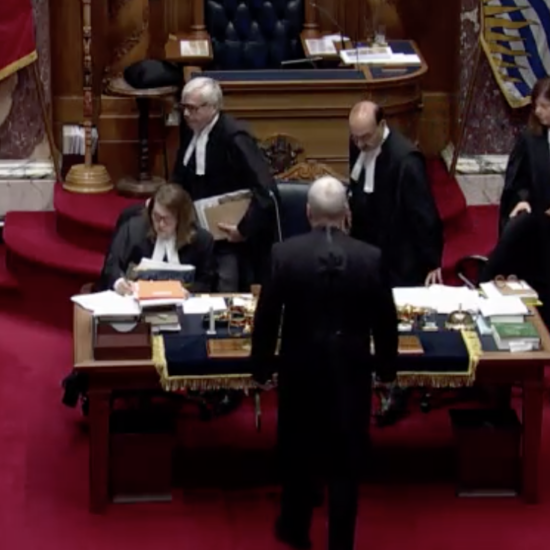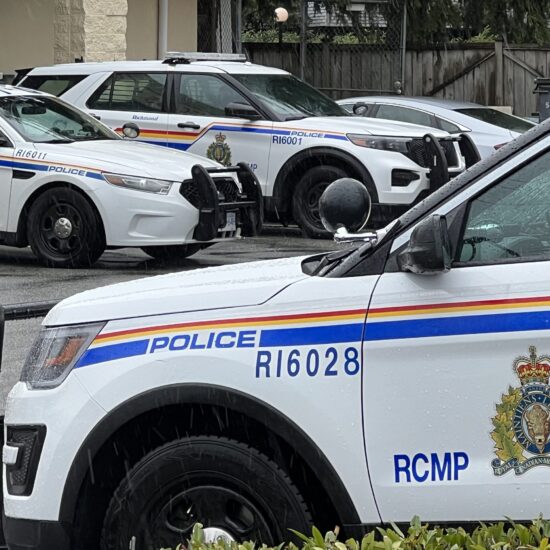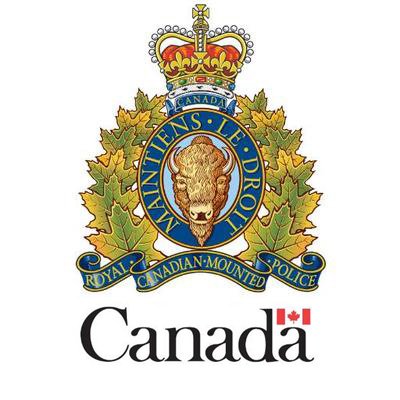
Bob Mackin
Chief Adam Palmer said that he would take time to consider recommendations to the Vancouver Police Department from the jury in the inquest of Const. Nicole Chan’s 2019 suicide.
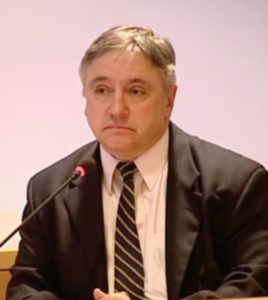
Pierre Lemaitre at the Braidwood Inquiry (CBC)
After the seven-day hearing, the jury made eight recommendations on Feb. 1 to Palmer, including a mandatory psychological interview for everyone seeking a job with the VPD and for mandatory annual check-ins with a psychologist. Jurors also suggested rumours and gossip be deemed unprofessional behaviour, human resources officers be better trained, and a case representative regularly contact each employee suffering a mental illness.
In late 2018, jurors who heard the inquest of a prominent RCMP officer’s suicide made five recommendations to the head of the RCMP, but she took seven months to respond.
Sgt. Pierre Lemaitre, 55, was a 28-year RCMP veteran who was the spokesperson for the force in B.C. in October 2007 when Polish immigrant Robert Dziekanski died at Vancouver International Airport.
After an eyewitness video emerged, showing an RCMP officer using a taser on Dziekanski, Lemaitre sought to publicly correct his initial statements that were based on information provided by fellow officers. A superior refused his request. Lemaitre was demoted and plunged into depression and post-traumatic stress disorder. He died July 29, 2013 of hanging at his Abbotsford home, the same day one of the officers from the airport incident was acquitted in court of perjury.
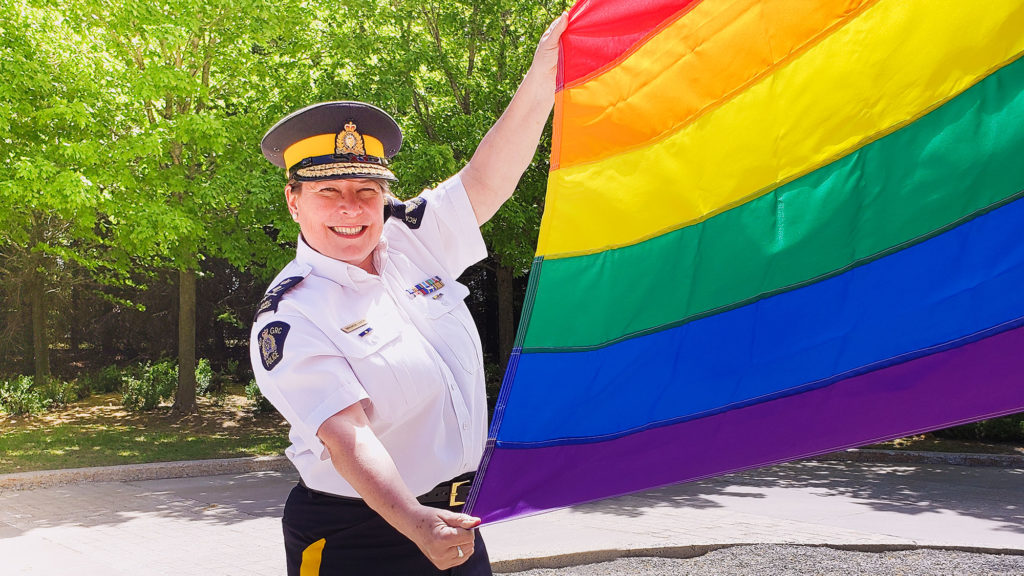
Comm. Brenda Lucki (Facebook/RCMP)
Like Chan, Lemaitre loved dogs, but his mental health suffered greatly from the police rumour mill.
The jury’s top recommendation on Nov. 29, 2018 was for the RCMP to implement the plan proposed by the RCMP’s chief psychologist, to include mental health assessments with the existing mandatory three-year physical assessment for all officers.
The jurors also said there should be more mental health education for all members of the RCMP and relatives of officers should be briefed, before their loved one’s hiring, of the potential job-related mental health challenges. The jury urged the RCMP to make funding available to implement the recommendations and to gauge the effectiveness of the mental health strategy.
Chief Coroner Lisa Lapointe formally wrote RCMP Commissioner Brenda Lucki in late February 2019. Lucki responded June 3, 2019 with apologies for an unspecified delay. In her voluntary response to the recommendations, Lucki said she regarded the health and wellbeing of RCMP members and support employees “the highest priority.”
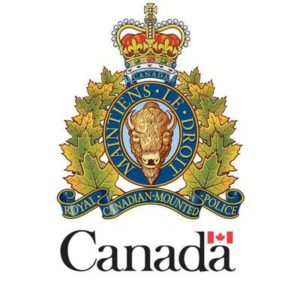
(RCMP)
Lucki wrote that funding for a national program had been approved by Treasury Board and implementation was expected as “early as the spring of 2020.” That included hiring 14 more psychologists to support the Periodic Psychological Health Assessment.
She said families of cadets, prior to graduation, were already provided a workshop about what police work entails and the RCMP’s website included information about mental health services available to RCMP employees and their dependents.
Lucki’s letter said the RCMP already offered several online courses on suicide prevention and awareness, critical incident stress management and respectful workplace training. Over 500 employees had received the two-day Applied Suicide Intervention Skills Training workshop since January 2017.
In a statement sent Feb. 6 from RCMP national headquarters, the force has renamed the Periodic Psychological Health Assessment the Psychological Health Screening Program. It launched in spring 2021 in six provinces, with rollout planned to remaining provinces. Officers in isolated territorial posts already have enhanced psychological assessments as a requirement of the posting.
“An officer’s PHS enables the psychologist to detect and/or mitigate mental health issues at an early stage,” said the statement sent from Robin Percival in national communications services. “As needed, the psychologist will refer the officer to the appropriate mental health supports through their provincial health care plan and/or their supplemental health care coverage. If necessary, the psychologist may recommend that the officer receive an immediate follow-up by their divisional RCMP Health Services Officer.”
Officers’ occupational health files are reviewed before their appointment, which includes a one-hour clinical interview, test for anxiety, depression, PTSD and alcohol use, psychoeducation and immediate feedback.
By the end of 2022, 1,508 officers had received screening from an RCMP-employed registered psychologist.
Based on a 10-question, anonymous survey completed by 46% of officers screened in 2021-2022, the RCMP says 84% said they were more likely to come forward with a workplace issue affecting their health.
“Generally speaking, the NPF supports regular psychological checkups for our members, breaking down stigma and barriers to openly talk about mental health is a giant leap in the right direction,” said Brian Sauve, president of the National Police Federation, the union that represents the RCMP’s 20,000 members. “Let’s hope this program succeeds.”
- If you or someone you know is having thoughts of suicide, call 1-800-784-2433 (1-800-SUICIDE), or call your local crisis centre.
Support theBreaker.news for as low as $2 a month on Patreon. Find out how. Click here.






